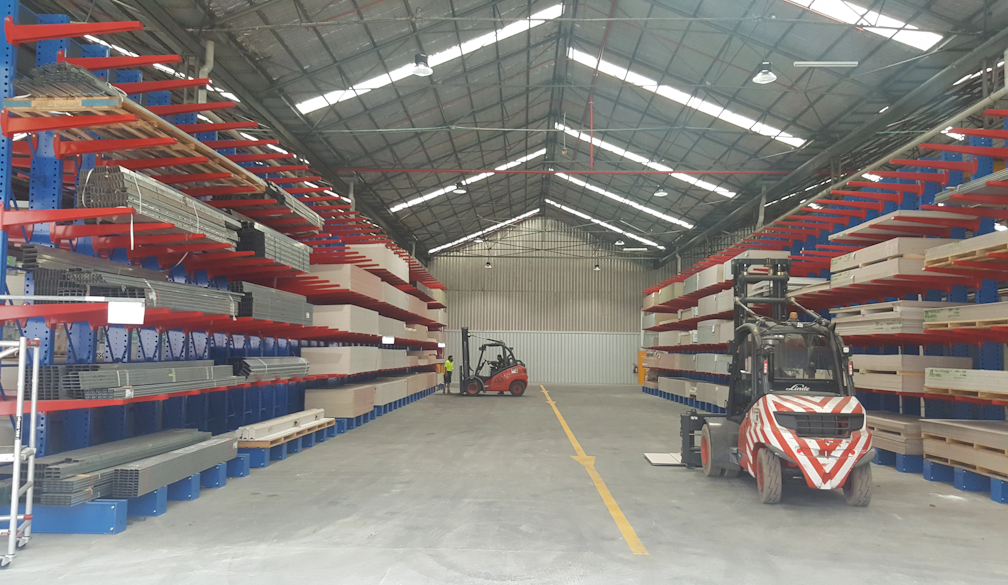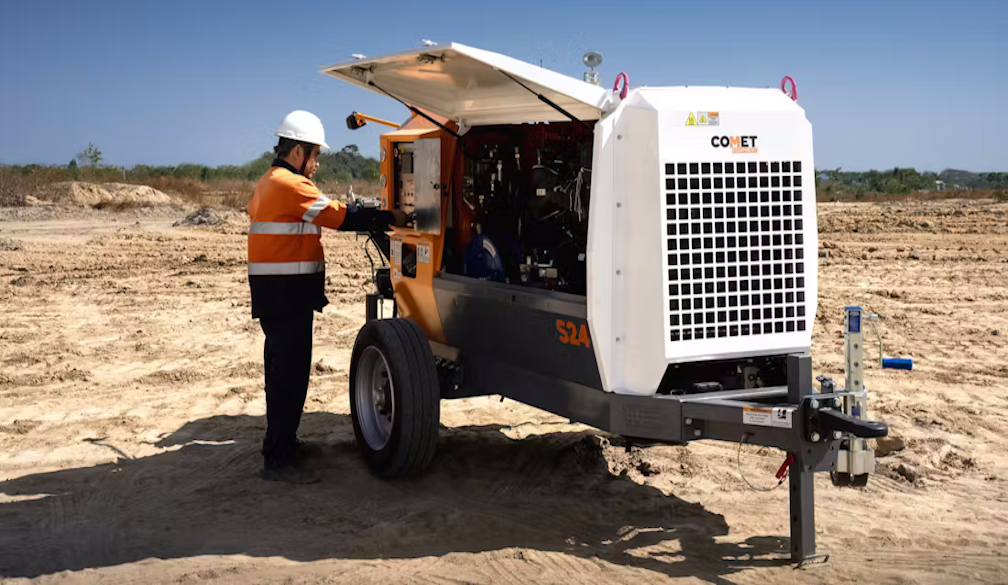How To Set Yourself Up For Success As A Sparky
- Written by The Express

As an electrician, or "sparky", as we say in Australia, it's essential to set yourself up for success in your career, especially if you plan to go solo and become a small business. With the right mindset and attitude for work, you can work for yourself and build a successful and rewarding career in the electrical industry.
This article will explore five critical ideas for setting yourself up for success as a sparky.
Get Qualified and Stay Up-to-Date
To succeed as an electrician, you need to have the right qualifications and knowledge. This means completing an electrical apprenticeship and obtaining relevant qualifications, including a Certificate III in Electrotechnology.
It is also important to stay up-to-date with the latest electrical industry developments and undertake ongoing training and professional development.
Staying up to date also means having the right gear. This includes everything from your tools to the ideal Canopy Tool Box to keep your gear safe and secure while travelling from job to job.
Understand Government Regulations
As an electrician, you must comply with various government regulations and standards. This includes understanding the requirements of the Electrical Safety Act and Regulations requirements and complying with the Australian Wiring Rules and Standards.
By staying up-to-date with government regulations, you can ensure that your work is safe, compliant, and of a high standard.
Build Strong Relationships
Building solid relationships with clients, suppliers, and other industry professionals is essential for success as a sparky.
This means being reliable, trustworthy, and professional in all your dealings. It also means communicating effectively and building a solid reputation for quality workmanship and customer service.
Building strong relationships includes:
- Being respectful and courteous towards customers at all times.
- Communicating clearly and effectively with customers about the work being done, the timeline, and any potential issues that may arise.
- Being honest and transparent with customers about pricing, materials, and any changes to the job.
- Show up on time and be reliable. Respect the customer's time and schedule.
- Ensuring the job is completed to the customer's satisfaction, and follow up afterwards to ensure there are no issues.
- Offering customer advice and recommendations, but listening to their needs and preferences.
- Keep in touch with customers and follow up periodically to check in and see if they need further assistance.
Specialise and Diversify
Specialising in a particular area of electrical work can help you to stand out from the crowd and build a strong reputation in your field. This might include specialising in areas such as renewable energy, data cabling, or home automation.
However, it is also important to diversify your skills and knowledge to ensure that you have a range of skills that are in popular demand.
Know Your Worth
Finally, it is vital to understand your worth as an electrician and to negotiate fair rates and conditions for your work.
According to the 2021 Australian Government data, the average annual income for an Electrician in Australia is $75,000. However, this can vary depending on your experience, location, and other specialisation factors.
By understanding your worth and negotiating fair rates, you can build a successful and financially rewarding career as a sparky.
Setting yourself up for success as a sparky requires a combination of qualifications, knowledge, relationships, specialisation, and negotiation skills. By following these fundamental ideas, you can build a successful and rewarding career in the electrical industry.
Remember to stay up-to-date with government regulations, build strong relationships, specialise and diversify your skills, and know your worth as an electrician.









